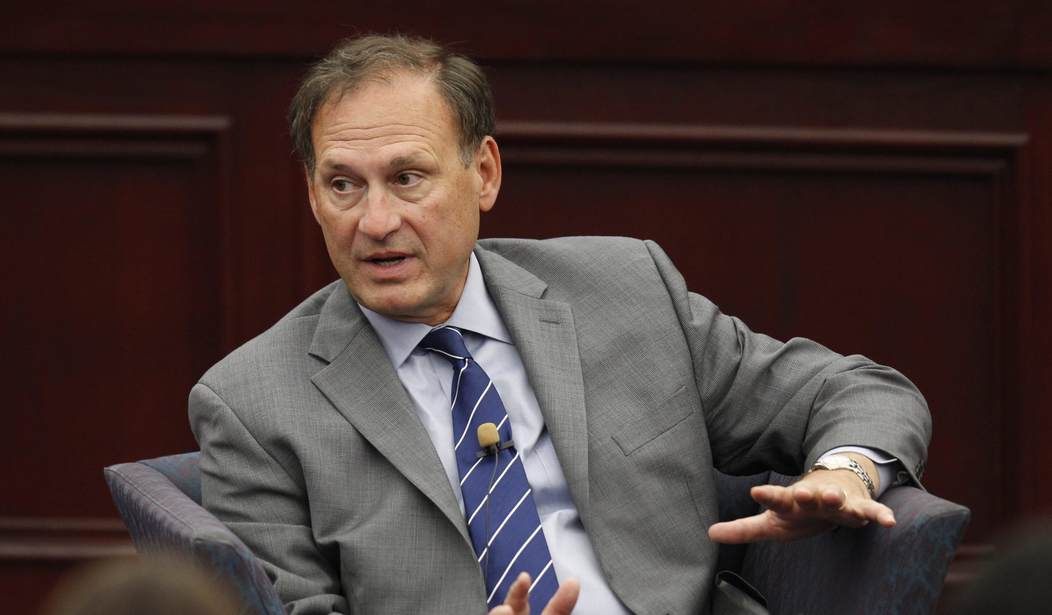WASHINGTON – Removing a special envoy position for combating anti-Semitism would send a bad signal to the rest of the world concerning American attitudes on the issue, the former envoy in the Obama administration said Wednesday.
Ira Forman served as the U.S. Special Envoy to Monitor and Combat Anti-Semitism in the State Department from 2013 to 2017. According to Bloomberg, the Trump administration in its budget proposal is considering discontinuing Forman’s and other special envoy offices in an attempt to balance out a $54 billion increase in defense spending. This prompted a bipartisan group of 167 House members to send a letter to the Trump administration Monday asking that he fill the “crucial” office that “enables the U.S. to show the world its commitment to these ideals” of human rights “particularly at a time when anti-Semitism is dangerously on the rise.”
Forman said he believes the special envoy office will be filled, though he didn’t base that assumption on any inside information or contact with the White House. The position is congressionally mandated, so it would require legislation to remove the office.
Forman said that in maintaining itself as a world superpower, the U.S. not only has to sustain its economic and military position in the world, but it also must maintain core values. Combating anti-Semitism is part of that, said Forman, who spoke at Georgetown University’s Center for Jewish Civilization.
“I don’t want to overstate this,” Forman said, while discussing the importance of the position. “Things can be done without a special envoy, but I think it also sends a bad signal to our allies, to the NGOs, etc., who are all critical to this fight that the United States’ heart is no longer in. I don’t think that’s a signal that this White House, or any White House, or any party, wants to send.”
He said that during his time as special envoy his office accomplished some positive things, but ultimately it’s a small entity. The envoy position isn’t as important as the Office to Monitor and Combat Anti-Semitism in the State Department’s Bureau of Democracy, Human Rights and Labor Affairs, he said, which strategically coordinates between the White House, the secretary, the assistant secretary and the embassies.
“Our embassies and consulates are the best, single line of defense for a lot of these Jewish communities (who feel threatened),” he said. “Sometimes they are one of the only places that these communities have friends, that they can go to. But getting embassies and consulates and regional bureaus of the State Department behind us is really, really important.”
Forman cited a recent poll sampling American voters on their attitudes toward anti-Semitism. According to the Quinnipiac University poll released in March, 70 percent of Americans view anti-Semitism as a “very” or “somewhat serious” issue in the United States, a 21 percent jump from the same poll taken in February.
Forman said President Trump should be commended for his words in February, when he opened his first major speech before Congress condemning the recent wave of anti-Semitism in America. The former envoy added that it’s not realistic to think that anti-Semitism can be eradicated entirely, but it can be minimized. Anti-Semitism has been around for generations, he said, and the degree to which it exists will continue to ebb and flow.
“The metaphor I use is a faucet,” Forman said. “We’re not turning the faucet off, but we can turn the faucet down. That is absolutely essential.”
Forman is most concerned about Jewish communities in France, which has the largest Jewish population outside the U.S. or Israel with nearly 500,000, and Turkey, where he believes anti-Semitism is used frequently as a political tool. Belgium, the Netherlands and Russia also made his list.
“I have no doubt that the president, whether it’s President Trump or President Obama, will speak out on some things, periodically, when there’s anti-Semitism,” he said. “The other piece, that I truly believe, is our power.”









Join the conversation as a VIP Member